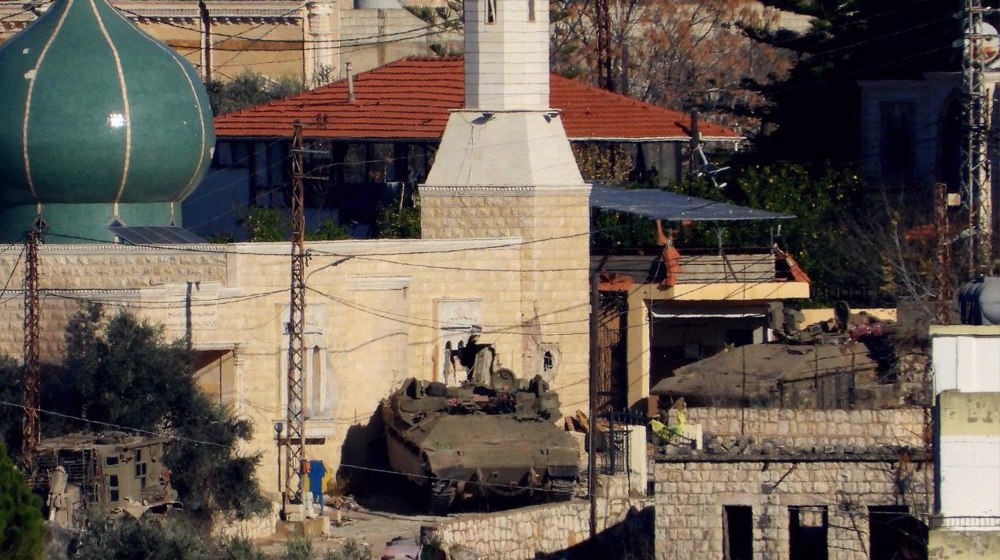Lebanon’s PM Diab announces formation of new government
Lebanon’s Prime Minister Hassan Diab has announced the formation of the country’s new government, saying his cabinet will try to meet the demands of protesters.
Speaking at the Lebanese presidential palace in Beirut on Tuesday, Diab described his government — made up of 20 specialist ministers backed by the country's political parties — as a technocratic "rescue team" that would work to achieve the goals of protesters who first took to the streets in October last year.
"This is a government that represents the aspirations of the demonstrators who have been mobilized nationwide for more than three months," Diab said, adding that his government "will strive to meet their demands for an independent judiciary, for the recovery of embezzled funds, for the fight against illegal gains.”
The 61-year-old went on to say that, "In this decisive moment, I salute the revolution and the uprising that pushed us towards this and Lebanon has become victorious. We will achieve the social cohesion. There will be accountability."
The former education minister added, "This [is a] government that does not aspire to cronyism and favors. None of the members of the government will be standing for the next elections. This government is made up of non-partisan people who are not affected by political wrangling."
The formation of the new government under Diab came after the Lebanese Hezbollah resistance movement and its allies agreed on a cabinet that must urgently address the economic crisis and ensuing protests that toppled its predecessor.
The country had been without an effective government since Saad al-Hariri submitted his resignation as premier to Lebanon’s President Michel Aoun in October.
Since October 17, Lebanon has been rocked by nationwide protests against rising inflation and living costs as the government struggles to attract investment amid increasing economic hardships and a decreasing capital flow to the country.
Almost 400 people were wounded on Saturday evening during skirmishes between Lebanese anti-government protesters and security forces in Beirut.
Human Rights Watch condemned what it called “the brutal use of force unleashed by Lebanon's riot police against largely peaceful demonstrators.”
President Aoun met security chiefs on Monday to work out a plan for security measures that need to be taken to preserve peace and stability in the country.
The protesters blame the faltering economy on widespread corruption and abuse of privileges among politicians as the national debt hovers around $85 billion.
Successive governments have also failed to address a waste management crisis or improve the electricity grid, which is plagued by daily power cuts.
VIDEO | Yemenis praise the military for its successful operations against Israel
VIDEO | Israel continues to bomb Gaza homes
VIDEO | An insider's view of the country: Meybod City in Yazd
‘All wars have rules. All of those rules have been broken’ by Israel
VIDEO | Report flags India’s violation of rights of Rohingya detainees
Turkey's foreign minister meets Syria's de facto leader in Damascus
VIDEO | US Syria plots
'Next to impossible' to rescue patients from Gaza's Kamal Adwan Hospital: Director











 This makes it easy to access the Press TV website
This makes it easy to access the Press TV website